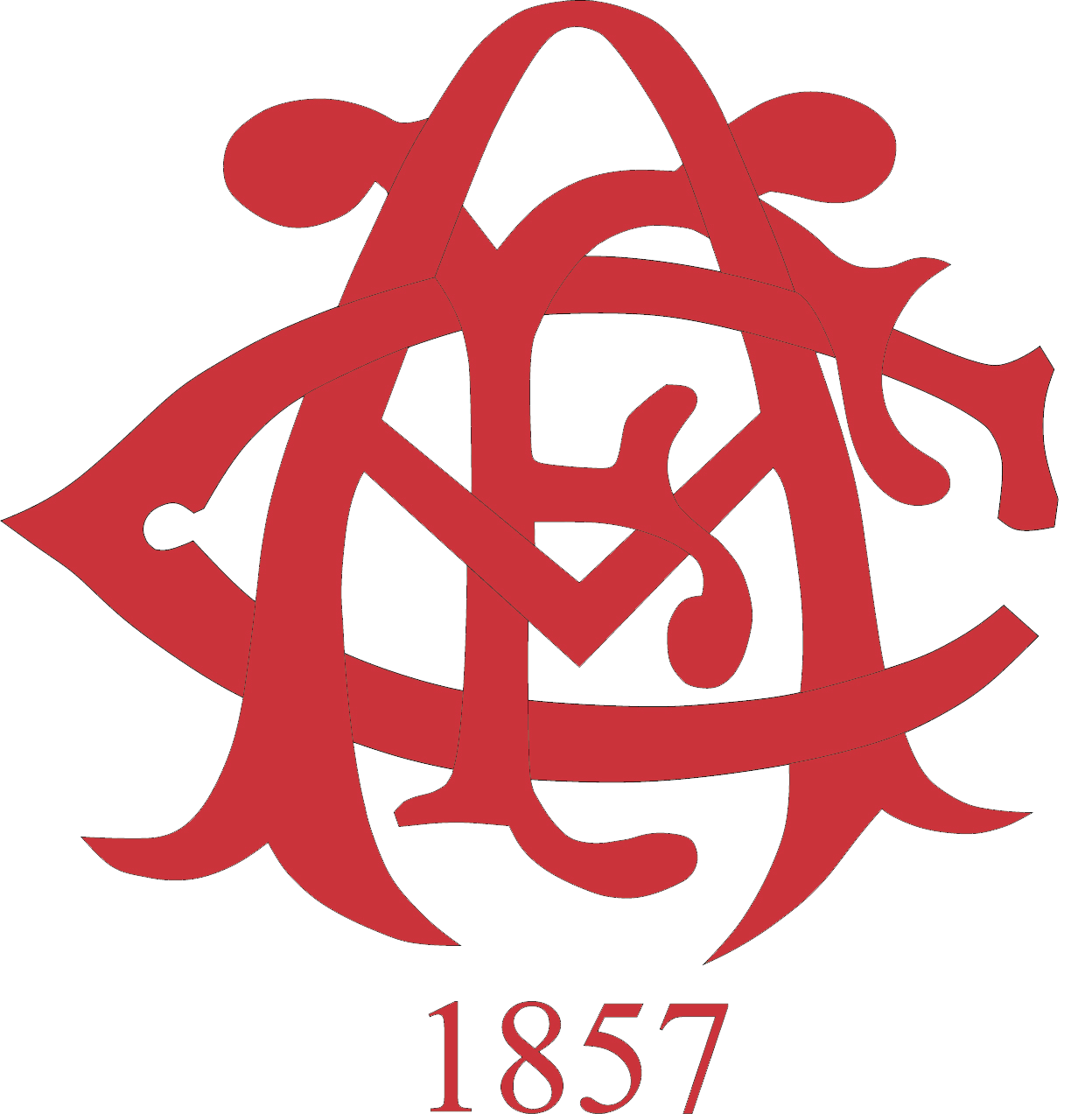Year Group Management
All kids are different as are year groups but we recommend adopting the following approach when managing Minis year group as a voluntary coaching group.
Who Do We Need To Manage A Year Group?
Coaches - We would recommend at least 1 coach for every 4 players in the group - so usually around 6-10. This usually provides good coverage for unavailability and keeps the coach to kids ratio at a level which is most beneficial for the kids. It is good practice to have a lead coach for any given term to lead on session planning and selection but it should always be a collaborative effort in terms of prep and on-field delivery.
Managers / Admins - It is good practice to have 1 or 2 parents to act as group managers and admins. They can typically support parents with Teamer sign-ups and liaise with and support our Minis Administrator with memberships, kit, PVGs etc.
Fundraising / Socials - Having a volunteer parent/guardian to lead on group/club socials and fundraising generally help keep families involved and engaged.
Can someone perform multiple roles? Of course, but better to have more hands supporting and rotating to ease the burden on any one person. We are a club that relies on volunteers so the more that can help the better we can make it for the kids!
Year Group Communications
Coaches WhatsApp - Perhaps a given but we would recommend setting up a WhatsApp group for the year group coaching and management group for easy collaboration and communications.
Teamer - Use Teamer as the primary source of truth and encourage parents to respond promptly. It is as good a tool as there is for managing training and tournament attendance and selection. Try to upload fixtures and training sessions under Events in draft state for a month or two in advance so they are ready to release to parents after the previous session/tournament, typically giving them a weeks notice and coaches plenty notice to manage tournament/match selection. We would recommend you encourage parents to respond to initial selections by the Tuesday before, which is more realistic if sent on Sunday - this gives plenty time to find replacements players due to unavailability.
Although the real benefits of Teamer come in P3+ when tournaments/matches begin, it is good to use from P1 to encourage familiarity and good habits for then and it is always useful to get an idea of training numbers nonetheless.
Parents WhatsApp - Teamer should be the primary source of truth as managing response from different platform is historically challenging. It is however useful to have a parent’s WhatsApp group to help with quick updates to/from parents, reminders around Teamer responses and in rare occasions gauge availability prior to selection i.e. when the fixture is far away/short notice.
Some challenges around this forum that year groups should be careful to navigate. WhatsApp is never a good forum for major discussions so important to keep the group to minor updates and pick up anything more involved in person or via call.
TEAM SELECTION
The most important aspect of selection is to have a clear and consistent policy which is shared with parents/guardians to ensure their understanding and support. Kids will develop at different times and rugby will present different challenges to children and coaches throughout mini rugby. It is important to find a balance between safety, inclusivity, capability and take a view across the whole season. Accies Minis general approach is to select squads of mixed capability as we have found all kids enjoy and develop when competing in these groups. Coaches should be mindful of each players age and stage in terms of development in order to make these selections.
Remember… winning has a valuable place in a kids development (and their enjoyment!) but ensuring kids develop in a safe and enjoyable environment is the priority for selection. If we are not winning, we are learning!
When it comes to matches and tournament, we follow the Scottish Rugby Half Game Policy summarised in the below video and this should also be considered during selection.
